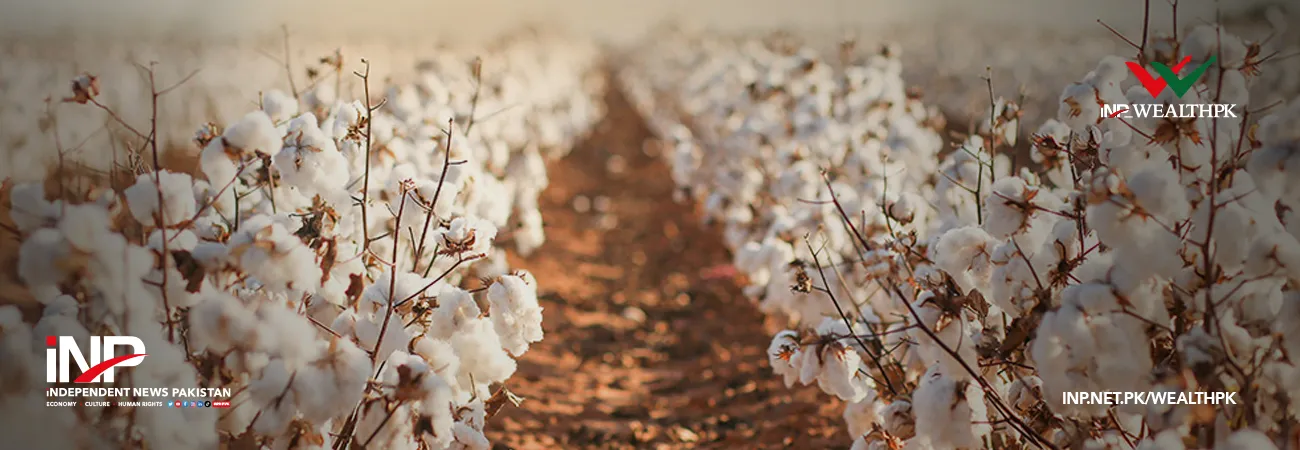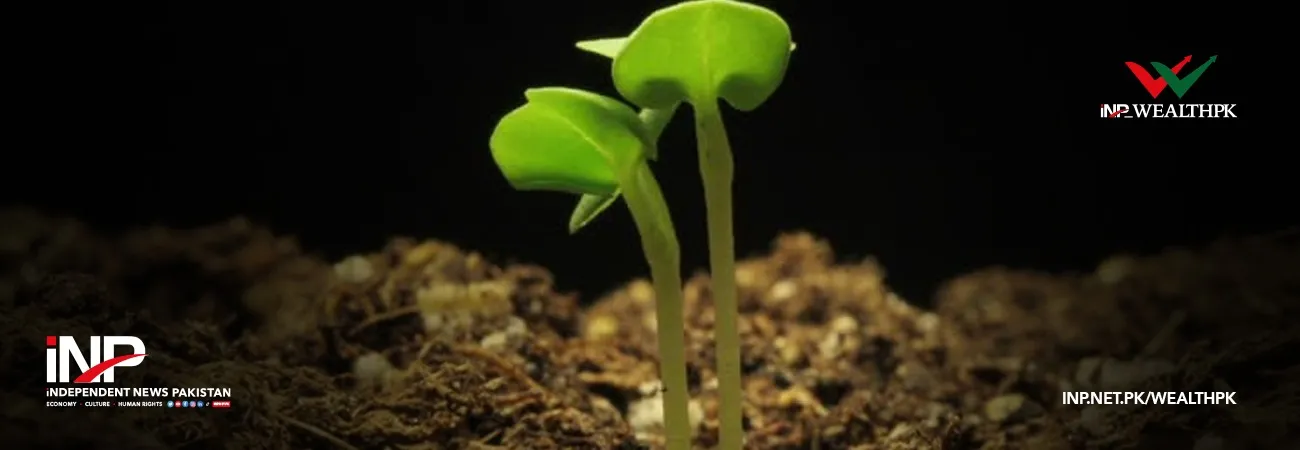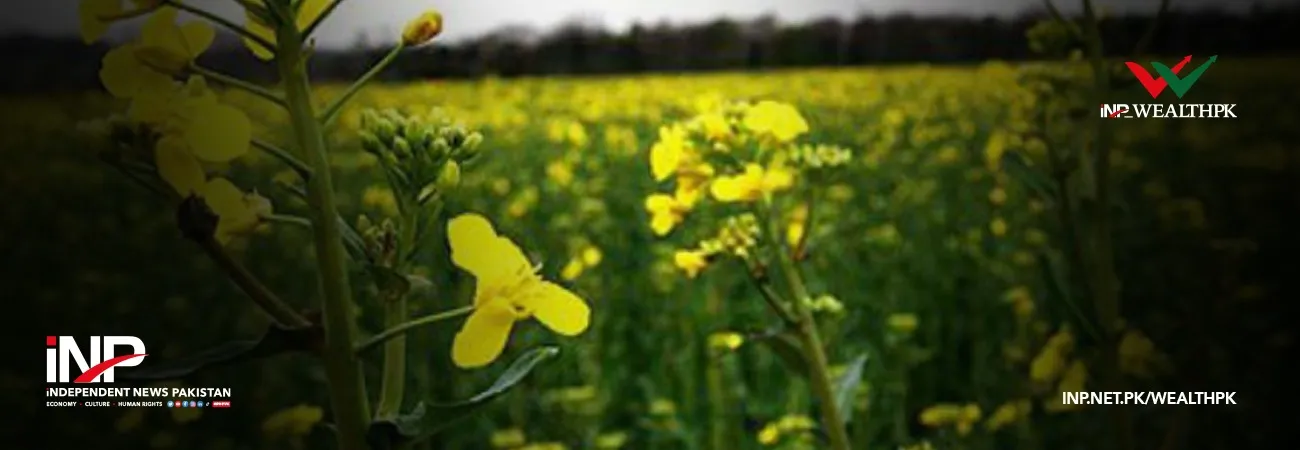INP-WealthPk
Muhammad Saleem
Agricultural experts say farmers need special incentives to boost cotton production. Sajid Sandhu, an agriculture scientist, told WealthPK that the sugarcane mafia has wreaked havoc on the cotton crop, which is considered “white gold” for Pakistan. He said this mafia forcibly established mills in areas traditionally known for cotton cultivation.
“As a result, cotton fields were replaced with sugarcane – seriously compromising cotton production.” He said that a couple of years ago, a bureaucrat issued an order restricting the early cultivation of cotton. “Through this order, farmers were threatened with legal action if they attempted to sow the crop before the officially allowed time.” “A single person should not be allowed to devise such strategies unilaterally.
Due to that decision, Punjab experienced a significant decline in cotton production,” he said. Sandhu said the government should offer subsidies on seeds, fertilizers, and other agricultural inputs. “Without restoring farmers’ confidence and providing them with financial incentives, policymakers cannot achieve the desired results.” He stressed the need for the government to announce a minimum support price for cotton, ensuring that farmers are rewarded for their hard work.
“This will boost the confidence of the farming community and motivate them to invest in cotton cultivation,” he added. Sandhu said that crop insurance could also play an important role in encouraging farmers. “Insurance would give them peace of mind, knowing that they are protected from losses in case of natural disasters,” he added. Besides, he pointed out that access to affordable and high-quality seeds remains a challenge for farmers.
“The government must address this issue by providing farmers with high-yield seed varieties at reasonable prices.” Dr Ijaz Ahmed of the Ayub Agriculture Research Institute told WealthPK that everyone, from top to bottom, is aware that cotton farming is in crisis and that growers are in dire need of government support. He said the government must make every effort to provide affordable electricity and water to the farmers.
“Instead of forcing them to struggle for a smooth and sufficient supply of power and water, the government must address these core issues to help expand the area under cotton cultivation.” “I would suggest that the government offer free electricity for a specific period to farmers who wish to grow cotton. This approach would reduce their financial burden and enable them to manage other expenses more efficiently,” he added.
Ahtshamul Haq, a progressive grower, said that incentives are being provided to the privileged, while farmers – who actually need them – are being neglected. “In the current situation, these incentives are not a luxury but essential for the survival of the cotton industry.” He said farmers will prefer cotton cultivation if smart policies are implemented and proper care is taken of them.
He said it is ironic that the authorities are announcing incentives for millers instead of supporting the farmers who lay the foundation for the entire textile industry. Haq pointed out that if millers are unable to source cotton easily, how can they run their mills efficiently?
“By ignoring the farmers involved in cotton cultivation, we are indirectly helping India weaken our economy,” he said, adding that reports indicate Indian businessmen have earned millions of dollars by exporting cotton to Pakistan through various channels.

Credit: INP-WealthPk













